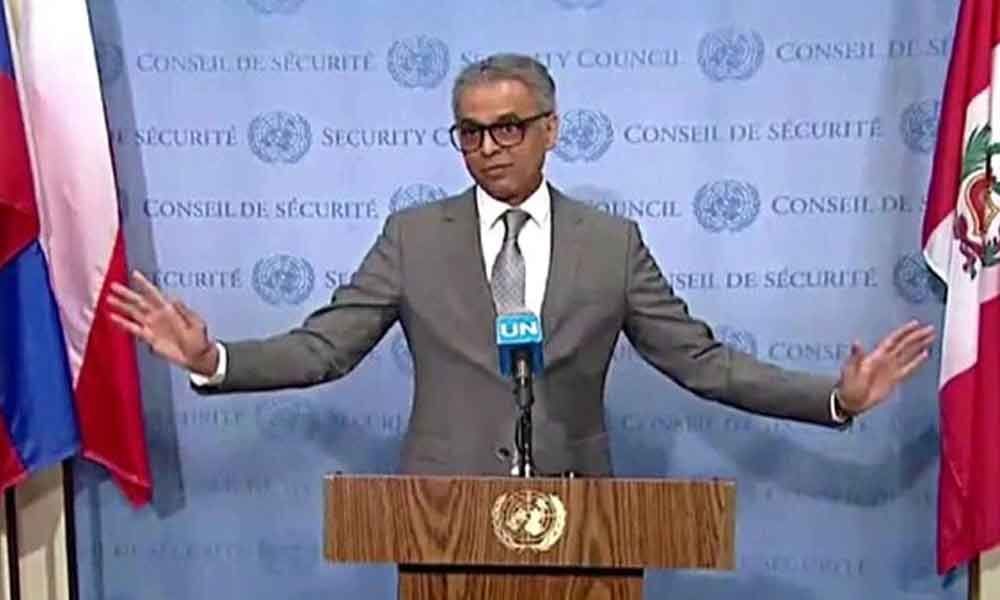Live
- From Pushpa 2 to Devara: The Year in Telugu Cinema
- Balachandar Ramalingam on revolutionizing manufacturing with AI-driven component management
- Srikanth Avancha speaks on leadership, innovation, and risk management in IT services
- Munirathna Attacked in Bengaluru
- Centre Revives Coffee Development Plan to Aid Farmers- Goyal
- Sensational Crime Incidents in Andhra Pradesh and Telangana: 2024 Year in Review
- Tragic Loss for Beejady Village: Lance Havaldar Anoop Poojary Among Five Soldiers Killed in Poonch Accident
- Mass Rally Organized by BJP in Hyderabad on Atal Bihari Vajpayee's Centenary Celebration
- J&K: With over 25,000 houses built under PMAY, Doda ranks second in Jammu region
- Celta Vigo extend all-time club top-scorer Iago Aspas’ contract till 2026









